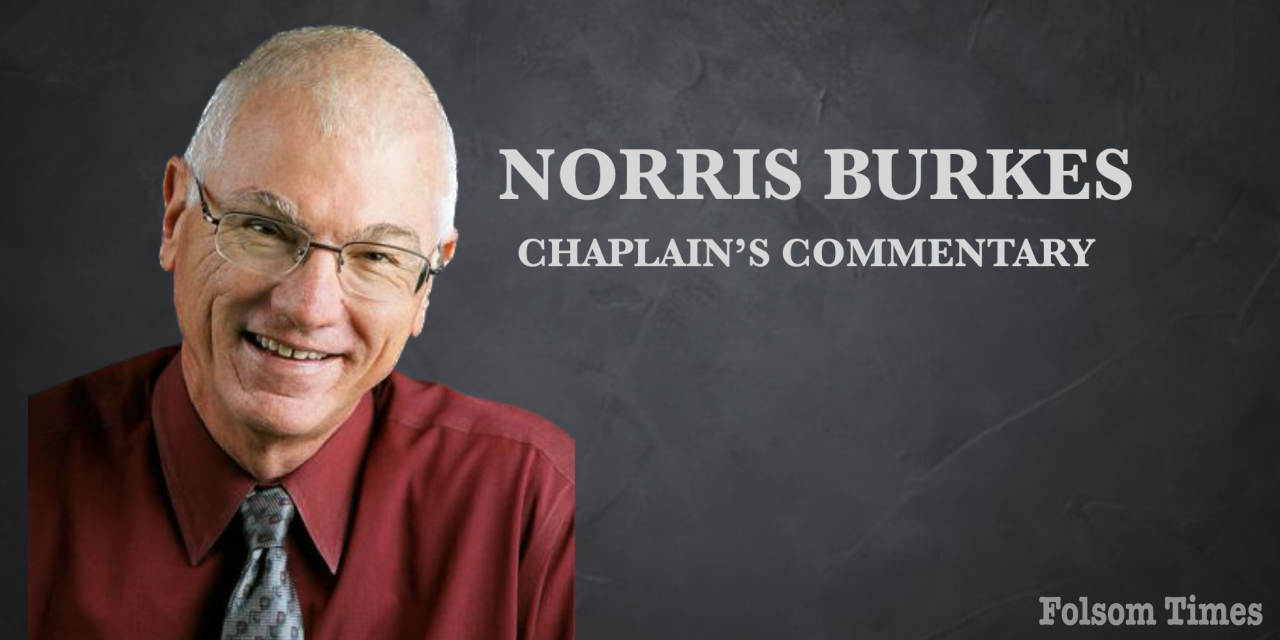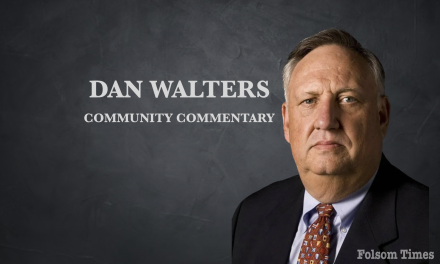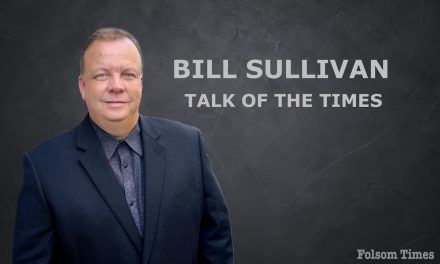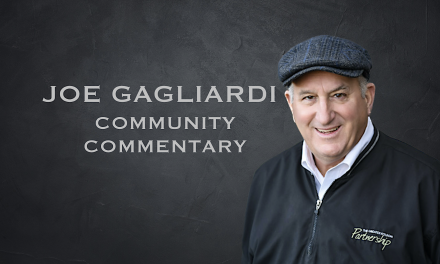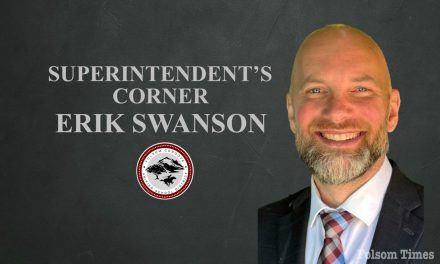Today, I’m on the Zuiderdam, a Holland America cruise ship, sailing the Baltic Sea enjoying some amazing food and fun entertainment.But sailing in such luxury over Memorial Day gives me a pang of guilt. I can’t help but wonder how sparse it was for the men and women of our armed forces who boarded troop ships bound for war.
I can’t help but wonder what it was like for the “Four Chaplains” of World War II.
Their story begins in 1943 on board the USS Dorchester, a 5,649-ton luxury liner converted into a U.S. Army troopship. Heavy with more than 900 men, the ship fell behind its escort off the Greenland coast.
Gale-force winds made for a nauseating voyage, according to later reports. Fortunately, among those doing their best to alleviate the discomfort were four chaplains: Father John Washington, the Rev. Clark Poling, Rabbi Alexander Goode and the Rev. George Fox.
Like a lot of chaplains on ships, they pulled double duty as activity directors. They organized sing-alongs and talent shows, but mostly they took confessions and held worship services, no matter what their faith.
On the evening of Feb. 2, 1943, the ship’s captain, concerned over the sightings of three enemy submarines, instructed passengers to wear life jackets to bed. Deep in the ship, the engine heat and overwhelming claustrophobia made it too uncomfortable for those sleeping in the lower decks to follow the order.
On Feb. 3 at 12:55 a.m., as the Dorchester approached Greenland, a German periscope sliced through the icy Atlantic waters. An officer aboard the submarine U-223 gave orders to fire a fan of three torpedoes. One decisive hit on the Dorchester’s starboard side below the water line killed scores in a searing flash of flames.
Troops, some dressed only in their underwear, clambered on deck. Among them were the four chaplains: two Protestant pastors, a Catholic priest and a Jewish rabbi. Survivors would later recall these men of faith seeking to calm the passengers and organize them into lifeboats.
When the chaplains saw many were without life vests, they dug around and found extras to give to the men. They instructed the soldiers to pray as they abandoned their ship and imbued them with courage to remain steadfast in their purpose.
Eventually, the chaplains discovered that there just weren’t enough life jackets. With the supply depleted, each chaplain removed his own vest and gave it to another man.
The following information comes from the vantage point of those who made it into the lifeboats.
“I could hear men crying, pleading, praying,” a soldier named William B. Bednar recalled. “I could also hear the chaplains preaching courage. Their voices were the only thing that kept me going.”
It is said that in the light of the fiery oil, the chaplains were seen standing arm in arm on the ship’s deck, leading an interfaith service. Eighteen minutes after the torpedo hit, the Dorchester rolled into the Labrador Sea on its starboard side.
In the most published quote of the tragedy, survivor John Ladd called the chaplains’ steadfastness as “the finest thing I have seen or hope to see this side of heaven.”
It would be the third largest U.S. maritime loss during World War II: 672 men died on the Dorchester, most from hypothermia. Only 230 men saw the sun rise in Greenland.
A Memorial Day eulogy 60 years later repeated the sentiment when it recalled the chaplains’ act as “Despair caught in hope’s grasp. Four chaplains. Two faiths. One God.”
The nephew of Chaplain Fox, David Fox-Benton, urges us to “Remember, this was 1943. Protestants didn’t talk to Catholics back then, let alone either of them talk to a Jew.”
The chaplains were never eligible for the Medal of Honor since they were never under “direct fire.” Therefore, Congress created a special medal in 1960 that praised the chaplains for their “selfless acts of courage, compassion and faith.” The award was called the “Chaplain’s Medal for Heroism,” and it can never be awarded again.
I expect to come home next month on a commercial airline. But to those who never made it home from war, let us pledge to never forget.
Syndicated columnist Chaplain Norris Burkes began his chaplain career with both the active-duty Air Force and the Air National Guard until his retirement in 2014. He later served as a board-certified healthcare chaplain at Sutter Memorial, Kaiser, Methodist and Mather VA hospitals and continues to work with area Hospice. His column is syndicated to more than 35 accredited news outlets. Read past columns at www.thechaplain.net.
*Views expressed in published guest commentaries are those of the author or submitting organization and do not necessarily represent those of Folsom Times or All Town Media, LLC.
